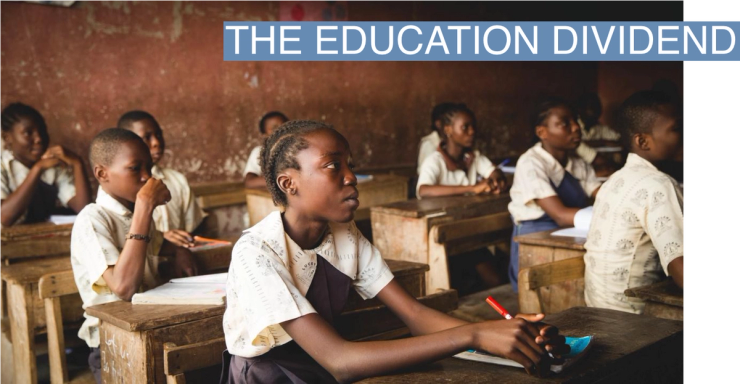The Writer
Charlie Robertson is global chief economist, Renaissance Capital, and author of The Time Travelling Economist.
In this article:
The micro-column

It’s easy to overlook the importance of education. The so-called “father of economics,” Adam Smith, didn’t mention the value of being able to read and write in his seminal book Wealth of Nations, published over 200 years ago.
Europeans made little effort to spread the benefit of education when they colonized Africa and Asia. When countries regained their independence, few had adult literacy rates much above 20%-25%. Yet academics in the 1960s showed countries can’t grow sustainably without adult literacy of 40% — and the poverty we now see from Afghanistan to Somalia and Guinea only proves that point. They also showed countries could not industrialize without 70%-80% adult literacy, which is why China couldn’t become a manufacturing powerhouse before the 1990s. India got there in the 2010s, which is why Made in India is now a realistic goal for Prime Minister Modi.
Mauritius was one of the first countries in Africa to reach 70%-80% adult literacy. That paved the way for the longest period of uninterrupted growth any economy has seen since 1980. Today, an ever increasing number of African nations have the human capital for an industrial revolution, which will be the greenest industrial revolution any continent has experienced.
Education is the precondition for this industrial revolution — and most nations outside the Sahel region have it.


